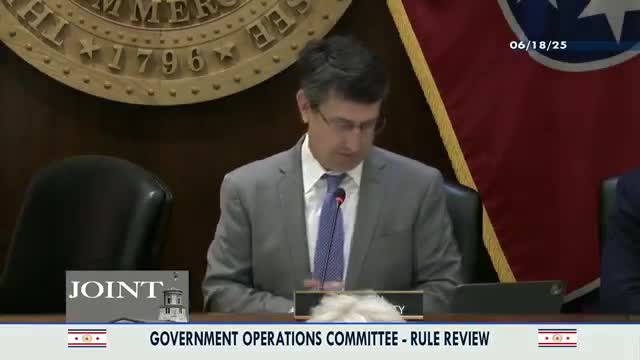Article not found
This article is no longer available. But don't worry—we've gathered other articles that discuss the same topic.
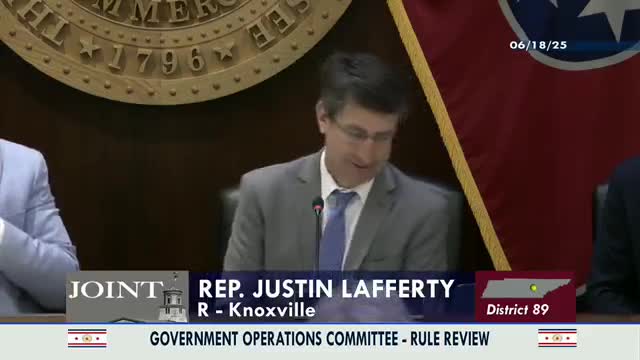
Tennessee amends equal‑employment‑opportunity definition to comply with federal executive order; committee approves emergency rule
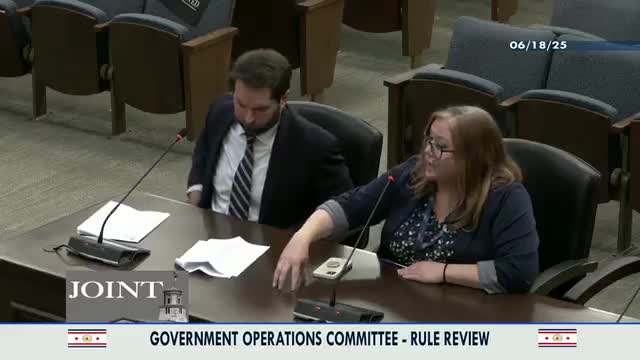
Tennessee Promise rules let students bank community‑service hours across semesters; committee approves change
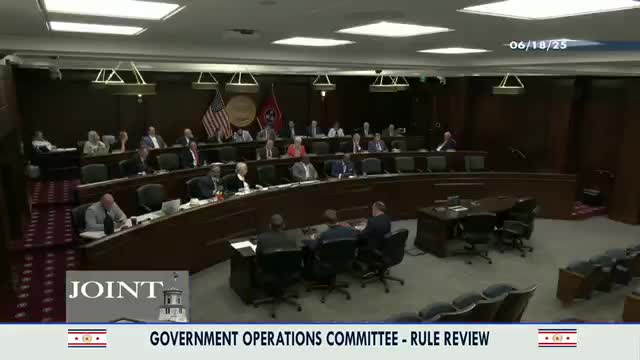
Tennessee requires permanency plans within 30 days and trauma‑informed parent education for long‑term custody cases
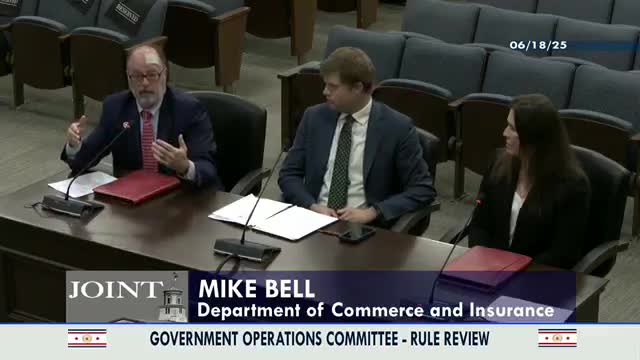
Firefighting commission rule rewrite advances; lawmakers debate removal of CPR requirement from volunteer incentive criteria
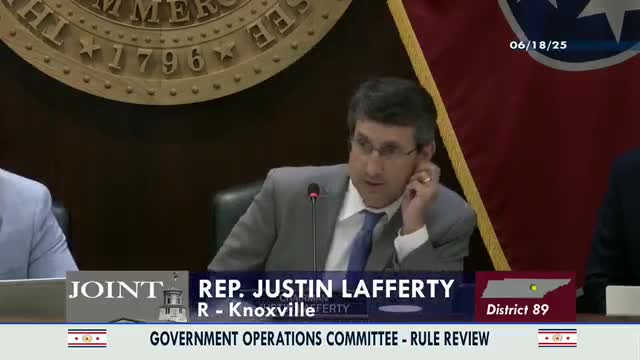
Committee stays speech‑language clinical fellowship rule 90 days to allow statute and reimbursement questions to be resolved
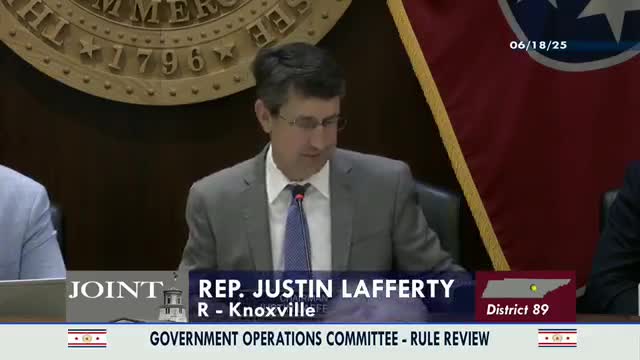
Tennessee tightens sports‑wagering rules on identity verification, geolocation and self‑exclusion; House approves, Senate returns no recommendation
